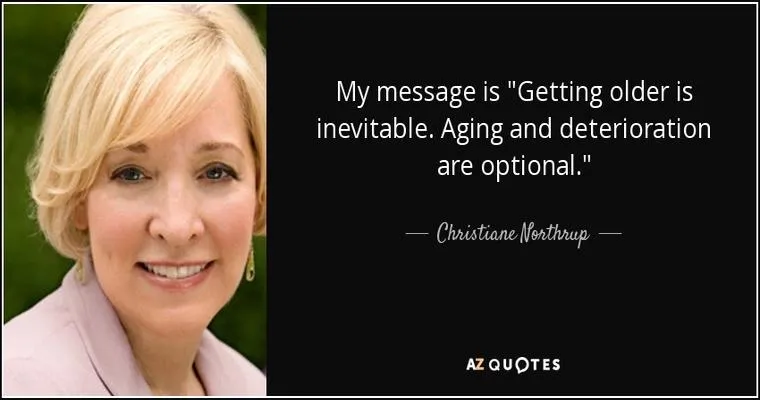Aging is an "inevitable" process that every living being experiences. As we progress through life, we encounter various "physical" and "emotional" changes that shape our existence. From the first signs of "wrinkles" to the gradual decline in "energy levels", the journey of aging is both a natural and universal phenomenon. Understanding aging can help us embrace this stage of life with grace and wisdom.
The science of aging, known as "gerontology", explores how our bodies and minds change over time. One of the most noticeable aspects of aging is the "biological" decline that occurs at the cellular level. Our cells experience damage over time from environmental factors, lifestyle choices, and even genetic predispositions. This damage can lead to a variety of age-related conditions, such as "heart disease", "arthritis", and "cognitive decline".
Despite the challenges that aging brings, it is essential to recognize the positive aspects as well. With age often comes a wealth of "experience", "knowledge", and "emotional intelligence". Older adults typically have a better understanding of their own emotions and the feelings of others, leading to improved relationships and a greater sense of empathy.
Moreover, embracing aging can lead to a healthier lifestyle. Many individuals become more health-conscious as they age, focusing on nutrition, exercise, and "mental well-being". Engaging in regular physical activity can mitigate some of the physical decline associated with aging, improving strength, flexibility, and overall health.
In today's society, the perception of aging is gradually changing. The narrative is shifting from one of decline to one of resilience and vitality. More and more people are redefining what it means to grow older, often choosing to pursue new passions, travel, or engage in lifelong learning.
To make the most of the aging process, consider adopting a proactive approach. Prioritize "self-care" by maintaining a balanced diet, staying physically active, and nurturing social connections. Additionally, keeping your mind sharp through reading, puzzles, or learning new skills can contribute to a more fulfilling life in your later years.
In conclusion, while aging is indeed "inevitable", it does not have to be viewed solely as a negative experience. By understanding the changes that occur and embracing the opportunities that come with age, individuals can lead rich, satisfying lives. Aging can be a time of growth, wisdom, and fulfillment, allowing us to cherish the journey we have traveled and the experiences yet to come.





